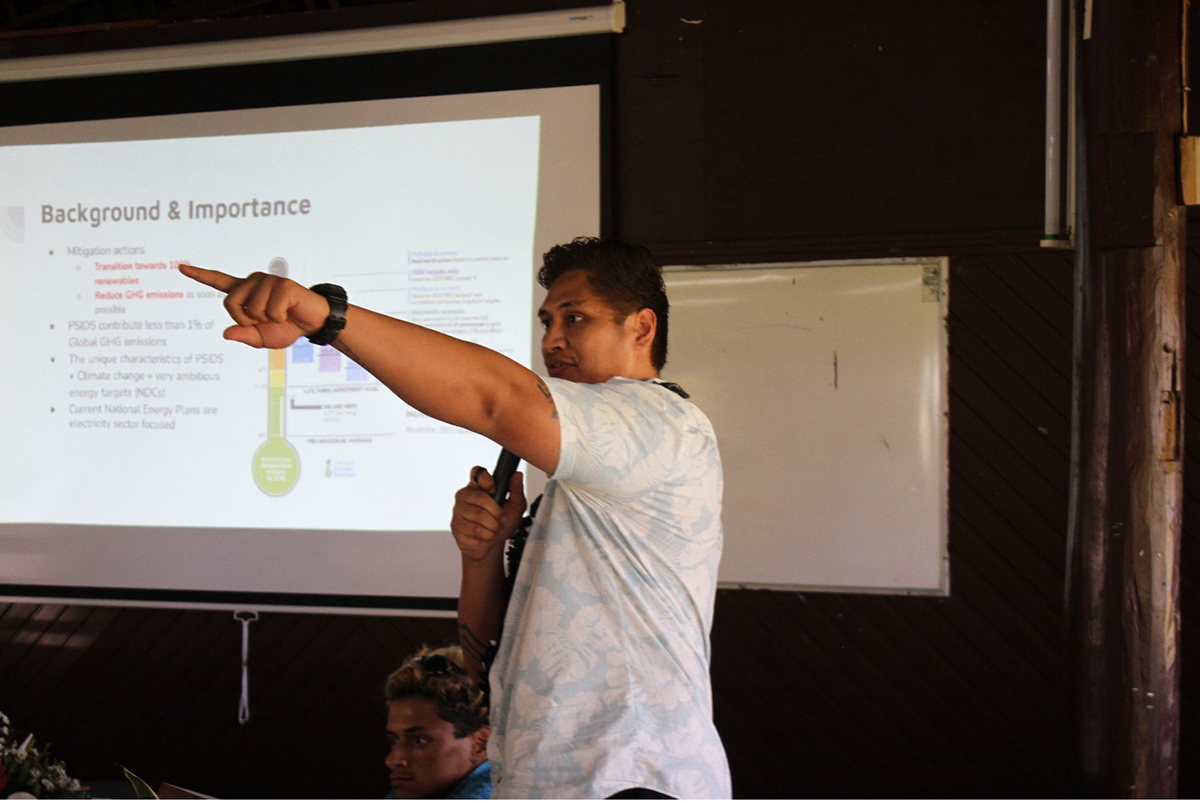How Digital Technologies Drive Economic Growth in Developing Nations
February 18by Jyasi Murray
Our modern world is more connected than ever before, due to the rapid growth in the capability and accessibility of digital technologies such as personal computers, smartphones, and the Internet, from the late 1900s to the present.
Though the Internet and computer devices are often seen in a negative light because of the amount of time people spend interacting with them each day, it should be understood that these technologies are simply tools that are quite useful when utilised effectively. These technologies have had an immensely positive impact on the world economy, especially so for developing nations. Two important components of a well-functioning and prosperous economy are the availability of productive and meaningful jobs and high-quality education, which have both been completely revolutionised by modern digital technologies.
The Internet, combined with portable personal computers such as laptops and smartphones, have fundamentally changed the way people generate income. In my country of Trinidad and Tobago, it seems like almost every person you come across has started, or had at one point, an online small business. From food catering services and arts and crafts, to online tutoring and educational services, the Internet and social media platforms have brought along immense opportunities for citizens of developing nations, particularly young people, to be productive and improve their financial well-being, while contributing positively to their communities and to their nation’s economy. Think about the number of youths today that were possibly kept out of criminal activities, simply because they had the opportunity to start an online small business for themselves, due to having access to the Internet and a smartphone.
The world’s response to the Covid-19 pandemic is a great example of how digital technology can bolster a nation’s economy. As the outside world was shut down, the online world was thrown into overdrive. From the classroom to the meeting room, everyday societal activities were now being held online. Those without proper access to the Internet and personal computer devices were essentially left behind. This shows that modern digital technologies not only provide nations with more opportunities for economic growth, but they can render a nation significantly more resilient to external events, as was seen with the Covid-19 pandemic. The positive impact and utility that these technologies have on a nation should not be underestimated. Limited access to the Internet and portable computing devices is a significant disadvantage in the modern world, especially to youths within the education system or those just entering the workforce. This should be noted particularly by policymakers and leaders of developing nations, as they yield the power to directly shape the future of their communities through the implementation of effective policies and initiatives.
The way people educate themselves has also been drastically altered by the Internet and personal computers. Access to quality education is a gift that is often taken for granted, and is nothing but a dream for many in the developing world (and the world entire). Article 26 of the United Nations’ Universal Declaration on Human Rights states that everyone has the right to an education. Gaining access to digital applications such as YouTube, Google, and online educational applications such as Coursera, can remove barriers to receiving quality education for many. We live in a world today where anyone with access to the Internet can view full lectures from world renowned professors and researchers across the globe. In the right hands, access to the right knowledge and opportunities can change the world for the better.
I am brought back to the story of William Kamkwamba, a Malawian who at the age of 14 years old, taught himself through a textbook at his local library, to build an energy generating windmill out of old spare and scrap parts, which supplied his family’s home with electricity. What could our world look like if every youth today, in all parts of the world, had access to high quality education? Maybe the cure for cancer or the next big discovery in physics is waiting to be developed in a young mind, in a rural village that lacks access to proper educational services and to the hardware and software that our modern world is built upon. For many, access to the Internet and personal computers means access to high-quality educational resources, which are not only a necessity in our modern and rapidly advancing world, but is something that people genuinely yearn for, to improve themselves and their community.
Jyasi Murray is a national of Trinidad and Tobago who is deeply interested in better understanding the universe we find ourselves in, through studying a variety of topics, from physics and biology, to art and psychology. He has ambitions of starting an economics, finance, and business journalism media company, as he believes that the right information in the right hands can change the world for the better. Furthermore, Jyasi is currently reading for a BSc degree in Banking and Finance at The University of the West Indies, St. Augustine, Trinidad.




